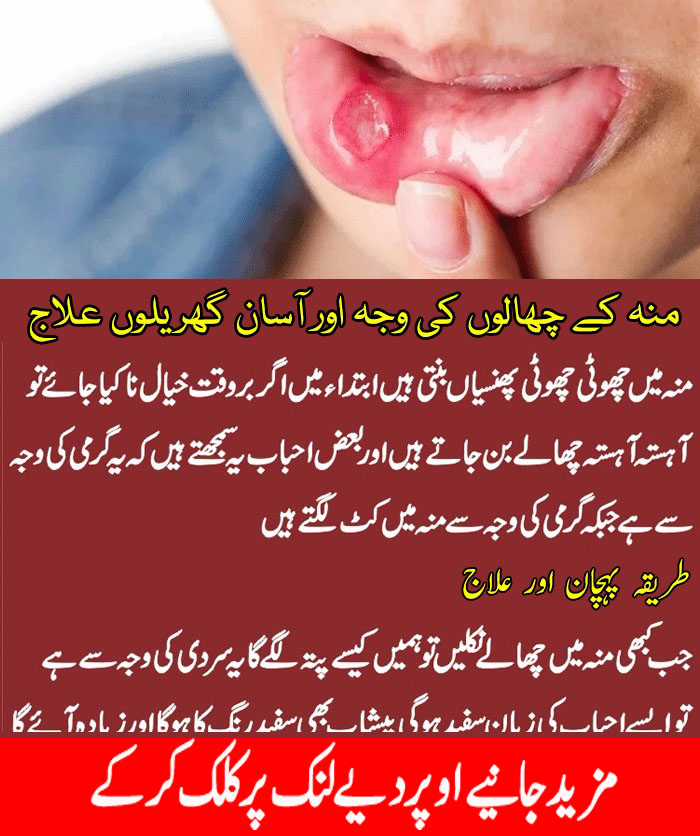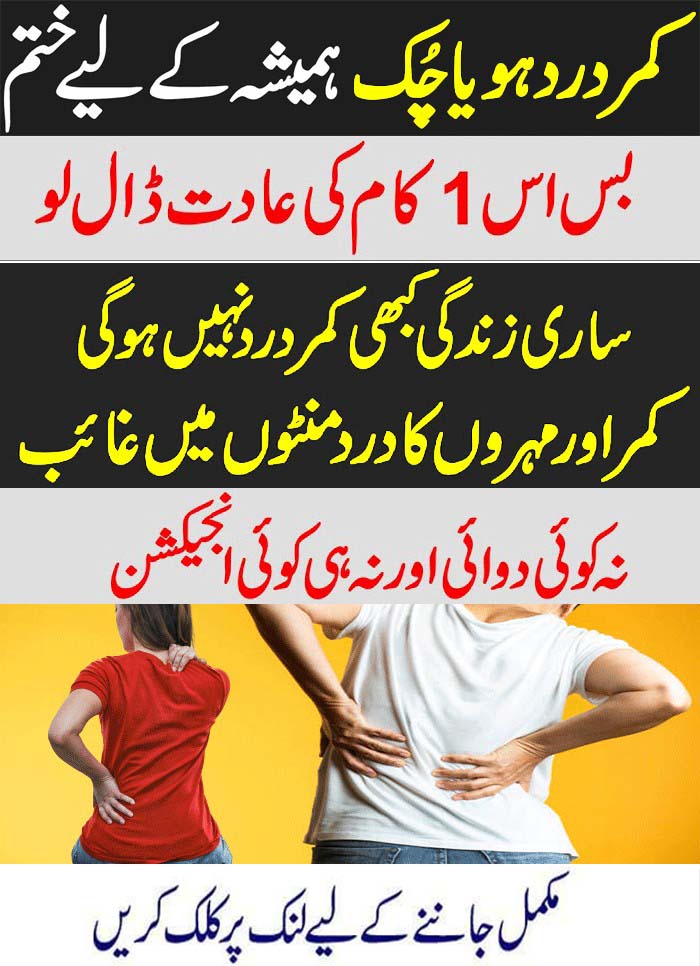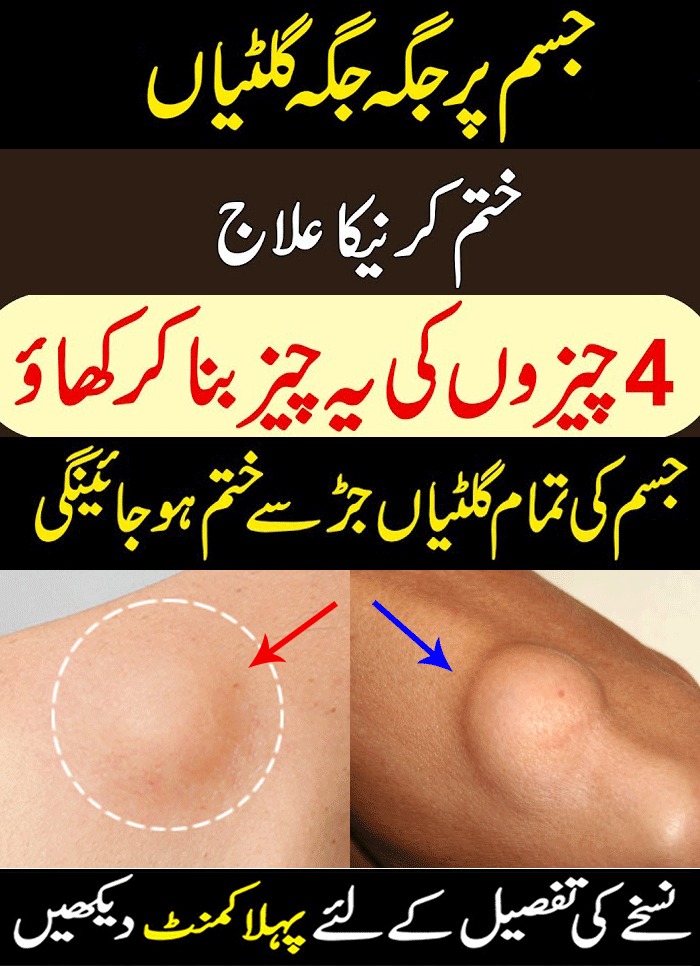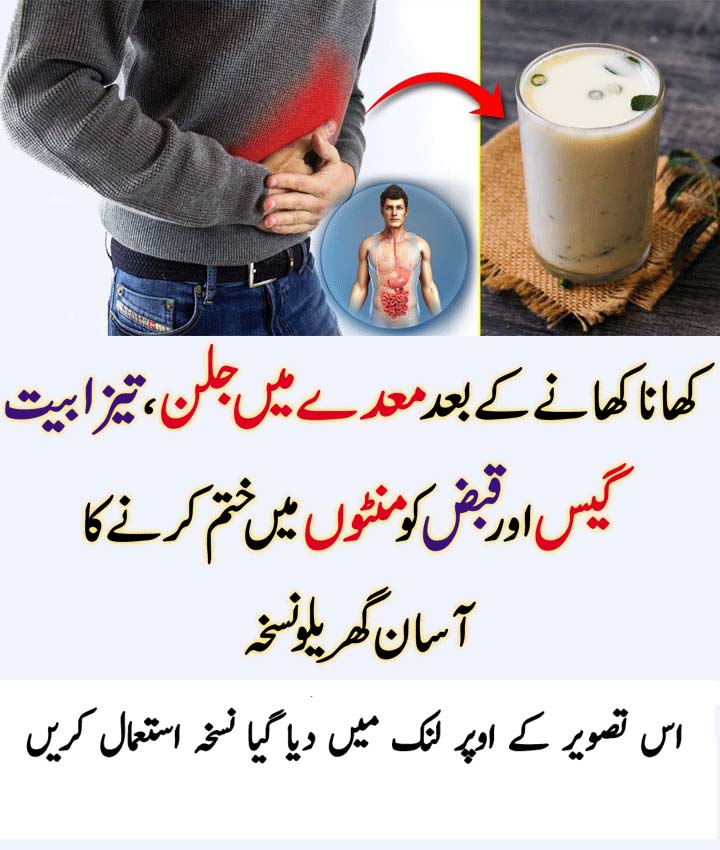Luckily, mouth ulcers often heal by themselves within a couple of weeks. Still, there are some things that you can do to treat these and reduce pain and discomfort. There are a few factors to consider when it comes to warding off mouth ulcers. Firstly, have you been forcing your body to endure too many convenience foods, which are low in vitamins, minerals, and other nutrients, skipping meals or skimping on fruits and vegetables?
Soothing Mouth Ulcer with Home Remedies
mouth-ulcer
Mouth Ulcer and Vitamin B12 Deficiency
Constipation-causes-treatment
Home-Remedy-to-Treat-Sore-Throat
What are Canker Sores?

Canker sores are a type of mouth ulcer. They are painful sores that appear on the inside of the mouth—namely, the inner lip, cheeks, gums, tongue, or palate. They can have a white or yellowish appearance with a red outer layer.
Unlike cold sores, mouth ulcers are non-contagious and will generally heal without scarring in about a week or two. If you experience severe canker sores that do not get better, you can always consult with a medical doctor or dentist. These are some of the early signs and symptoms of canker sores:
A tingling or burning sensation inside your mouth
White or grey sores form inside the mouth
Feeling feverish
Feeling physically unwell or sluggish
Swollen lymph nodes
At-Home Remedies
Although mouth ulcers often go away on their own, they can make daily tasks like eating and toothbrushing uncomfortable. Common home remedies can help with pain relief. Here are a few care tips for treating mouth ulcers:
Place an ice cube over the affected area and allow for it to dissolve.
Rinse your mouth with saltwater. To make this at-home mouth rinse, simply mix a teaspoon of salt with a half cup of warm water.
Apply a small amount of milk of magnesia on your canker sores a few times a day.
Avoid acidic and spicy foods as these may further irritate the area.
Over the Counter Mouth Ulcer Treatments
Over-the-counter products can speed up recovery, reduce discomfort, and assist with more severe mouth ulcerations. You can use an antibacterial mouth rinse to soothe irritation or apply a mild topical paste to the affected area. If the sores don’t heal after 7-14 days or seem to be reappearing, you should consult with a doctor or dentist.
Can Mouth Ulcers Be Prevented?
Mouth ulcers can reoccur, but you can reduce how often this happens by:
Using a soft-bristled toothbrush to minimize soft-tissue irritation.
Avoid acidic, hot, or spicy foods.
Avoid biting or chewing your inner cheeks and lips.
Mouth ulcers can be an unpleasant experience. Fortunately, you can recover from these mouth sores with minimal to no treatment. At-home mouth ulcer remedies can help with pain relief. You can also purchase an over-the-counter, antibacterial mouth rinse or topical numbing gels, creams, or pastes. Use these remedies to encourage faster recovery and soothe irritation while you wait to heal.



